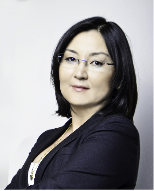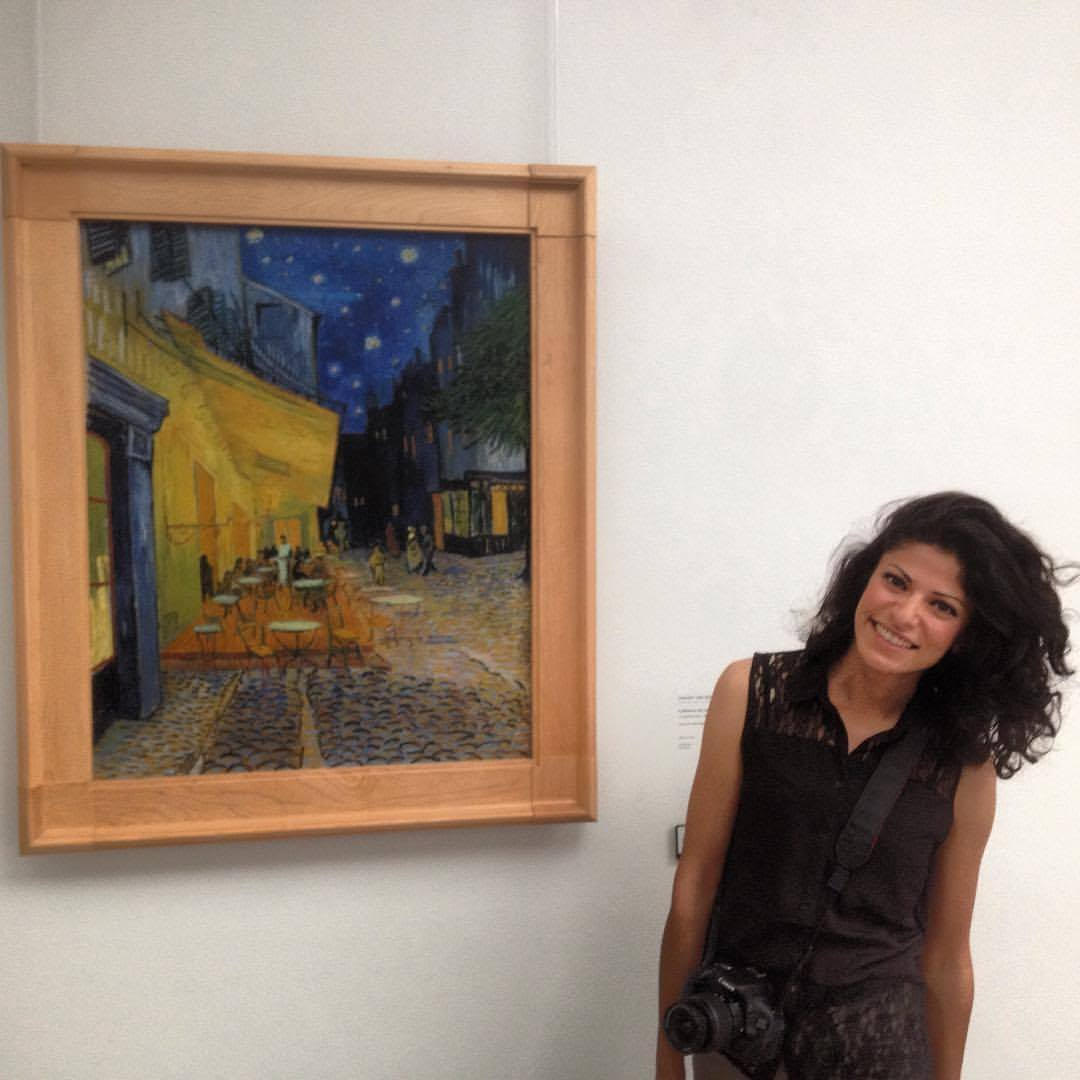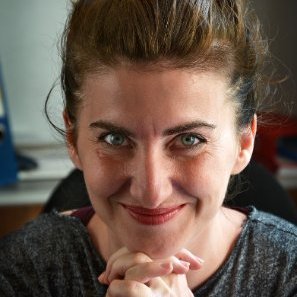Derecho de autor en el tratado de libre comercio Mercosur-Unión Europea: pocas mejoras y muchos retrocesos
vendredi 6 avril 2018 à 19:00Publicado originalmente en inglés el 6 de abril de 2018. Traducción: Equipo de CC Uruguay.
Un borrador recientemente filtrado del tratado de libre comercio Mercosur-Unión Europea muestra pequeñas mejoras en el capítulo sobre propiedad intelectual. Parece que la extensión innecesaria e injustificada de 20 años de duración del derecho de autor ahora se elimina del acuerdo, y las partes han introducido cierta flexibilidad para que los usuarios eviten las medidas tecnológicas de protección con el fin de ejercer sus derechos. Pero en su mayor parte, las negociaciones continúan favoreciendo un mayor endurecimiento de los derechos de autor a expensas de las protecciones para los derechos de los usuarios y los bienes comunes. Como explicamos a continuación, las medidas para proteger el dominio público continúan diluidas, la disposición que requiere una compensación obligatoria -independientemente de que los creadores la quieran o no- se mantiene y la sección de excepciones y limitaciones al derecho de autor se reduce a un mínimo.
El año pasado, en colaboración con varios capítulos de nuestra red global, Creative Commons publicó un análisis que abarca diversos temas relacionados con el derecho de autor presentados en un borrador del capítulo de propiedad intelectual del tratado de libre comercio Mercosur-UE.
La Unión Europea (UE) y el Mercosur han estado negociando este tratado de libre comercio (TLC) desde el año 2000. El tratado es expansivo y se ocupa de aspectos tan dispares como el comercio de bienes industriales y agrícolas, cambios potenciales a las reglas que rigen a las pequeñas y medianas empresas, compras gubernamentales y disposiciones de propiedad intelectual, incluyendo los derechos de autor y las patentes. En nuestro análisis del año pasado, examinamos cuestiones que afectarían el dominio público, la creatividad y el intercambio de conocimiento, así como los derechos de los usuarios en la era digital.
Las negociaciones del TLC entre el Mercosur y la UE tienen lugar en un entorno en el que se está definiendo de manera creciente la regulación de derecho de autor a través de acuerdos comerciales multilaterales. En nuestro informe, los principales puntos que discutimos fueron los siguientes:
- los plazos de derecho de autor no deben extenderse,
- los derechos de los usuarios deben protegerse expandiendo las limitaciones y excepciones al derecho de autor,
- la remuneración obligatoria interfiere con el licenciamiento Creative Commons,
- las medidas tecnológicas de protección no deben limitar el ejercicio de los derechos de los usuarios.
También recordamos el principio de sentido común según el cual las negociaciones de tratados comerciales deben ser transparentes e involucrar a la ciudadanía, no secretas y decididas a puerta cerrada.
Desde nuestro análisis del año pasado, ha habido dos nuevos borradores filtrados del capítulo sobre propiedad intelectual. Uno fue publicado por Greenpeace en diciembre de 2017 en base a la 28ª ronda de negociaciones. Otro fue publicado la semana pasada por el sitio web bilaterals.org, basado en el texto consolidado tal como quedó al final de la 32ª ronda de negociaciones que finalizó el mes pasado.
Como Jorge Gemetto escribió en el blog de la Asociación Communia, el borrador del capítulo de propiedad intelectual filtrado por Greenpeace reveló un gran desacuerdo entre las partes.
Se advierte fácilmente que, mientras el interés de la Unión Europea es el de aumentar los plazos y áreas de protección de la propiedad intelectual, así como imponer nuevas sanciones penales para las infracciones, los países del Mercosur buscan evitar estándares más altos de propiedad intelectual, incorporar excepciones y limitaciones obligatorias al derecho de autor, y favorecer la identificación y protección del dominio público.
Como lo advierte Gemetto, existe un gran desbalance entre el poder de negociación de cada parte, y la UE claramente tiene la ventaja. Estando la UE ya alineada con el marco restrictivo de propiedad intelectual “TRIPS Plus“, busca exportar a otros lugares estas medidas de incremento de la protección y su aplicación.
Finalmente, llegamos al borrador del capítulo de propiedad intelectual filtrado recientemente que publicó bilaterals.org. Hay algunos cambios importantes desde la versión publicada por Greenpeace.
La mención del dominio público se diluirá y quedará sepultada
La filtración de Greenpeace de diciembre de 2017 encontró que las partes discutían si (y cómo) debía mencionarse el apoyo al dominio público en el Artículo 4 (Principios). La UE propuso el texto: “Las Partes reconocen la importancia de un dominio público robusto, rico y accesible”, mientras que los países del Mercosur abogaron por: “Las Partes tendrán debidamente en cuenta la necesidad de preservar un dominio público robusto, rico y accesible, y cooperarán entre sí para identificar los diferentes materiales que han ingresado en dominio público”.
La versión de la UE ganó. El texto consolidado compartido por bilaterals.org ahora dice: “Las Partes reconocen la importancia de un dominio público robusto, rico y accesible”. Además, una nota en el documento mueve el texto de la sección “Principios” a la sección “Cooperación”.
La remuneración obligatoria permanece
La borrador anterior, publicado por Greenpeace, mostraba que las partes discutían si habría una remuneración obligatoria (Artículo 9.6) para los intérpretes, ejecutantes y productores de música. La UE quería que el texto dijera: “Las Partes otorgarán un derecho para garantizar que el usuario pague una única remuneración equitativa a los artistas intérpretes o ejecutantes y productores de fonogramas, si un fonograma publicado con fines comerciales, o una reproducción de dicho fonograma, se utiliza para la transmisión por medios inalámbricos o para cualquier comunicación al público.” El Mercosur quería que este derecho fuera opcional, sugiriendo que el texto dijera: “Las Partes pueden otorgar…”.
La versión de la UE ganó. El texto consolidado ahora dice “otorgarán”. Este cambio muestra un esquema que se repite en las negociaciones: las disposiciones que tienen que ver con la aplicación de la propiedad intelectual y la protección de los titulares de derechos son obligatorias (“deberán”), mientras que las disposiciones que beneficiarían a los usuarios y al interés público son solo opcionales (“pueden”). Este tipo de disposición interferiría con el funcionamiento de algunas licencias Creative Commons, exigiendo un pago incluso cuando la intención del autor es compartir su trabajo creativo con el mundo de forma gratuita.
La extensión del plazo de derecho de autor fue puesta en suspenso
El borrador filtrado por Greenpeace reveló que las partes continuaban discutiendo sobre el plazo de derecho de autor (Artículo 9.7). La UE quería la vida de autor + 70 años, mientras que el Mercosur quería la vida + 50 años.
El texto consolidado ahora dice “transcurrirá durante la vida del autor y no menos de 50 años o por 70 años cuando así lo disponga la legislación nacional de las Partes…”.
La versión del Mercosur ganó porque el texto indica que se aplicarán los términos nacionales existentes. Esta es una mejora significativa en el sentido de que no obliga a aumentar el plazo a los países que tienen un plazo más corto. Ampliar aún más los plazos de derecho de autor no hace nada por promover la creación de nuevas obras, e incluso exacerba los desafíos relacionados con los plazos extensos, como el problema de las obras huérfanas.
Las excepciones y limitaciones fueron reducidas al mínimo
La filtración de Greenpeace mostró que las partes discutían sobre el alcance de la sección sobre limitaciones y excepciones (Artículo 9.9). El Mercosur quería incluir una lista no exhaustiva de usos aceptables para ser cubiertos bajo limitaciones y excepciones, incluyendo la crítica, la cobertura de noticias, la enseñanza y la investigación.
Sin embargo, el texto consolidado publicado por bilaterals.org no incluye la lista no exhaustiva. En su lugar, esencialmente vuelve a apoyarse en el texto de la regla de los tres pasos (“Cada Parte establecerá excepciones y limitaciones a los derechos exclusivos solo en ciertos casos especiales que no entren en conflicto con la explotación normal de la obra y no perjudiquen injustificadamente los intereses legítimos de los titulares de derechos”).
La protección del derecho de autor y las medidas de aplicación de dicha protección siempre deben equilibrarse con consideraciones de interés público; en otras palabras, los derechos de los autores siempre deben limitarse, reconociendo y defendiendo los derechos de los usuarios en el ecosistema del derecho de autor. El texto consolidado solo proporciona una mínima consideración para los derechos de los usuarios.
Una cierta flexibilidad para ejercer los derechos bajo los esquemas de medidas tecnológicas de protección
Por último, la versión publicada por Greenpeace reveló que la UE estaba proponiendo un nuevo texto en torno a las medidas tecnológicas de protección (TPM, por sus siglas en inglés) (Artículo X.15). En ese borrador anterior, no se incluía ningún texto que autorizara a eludir las medidas tecnológicas para que un usuario pueda ejercer sus derechos bajo una excepción o limitación.
Sin embargo, el texto consolidado ahora incluye el siguiente texto: “Las Partes (UE: cuando sea permisible de conformidad con su legislación nacional) deberán (UE: podrán) garantizar que los titulares de derechos pongan a disposición del beneficiario de una excepción o limitación los medios para beneficiarse de esa excepción o limitación, en la medida necesaria para beneficiarse de esa excepción o limitación”. Por lo tanto, parece que habrá al menos alguna consideración legal para proteger la capacidad de los usuarios de eludir las TPM para ejercer sus derechos bajo una excepción o limitación.
Conclusión
Si bien es positivo que al menos las partes están llegando a la conclusión de renunciar a la extensión innecesaria del plazo de derecho de autor, la mayoría de los cambios en el texto consolidado muestran un persistente endurecimiento de la protección del derecho de autor, que favorece a los titulares de derechos a expensas de los usuarios y de los bienes comunes.
Además, las negociaciones siguen siendo esencialmente secretas y cerradas, con escaso conocimiento público salvo estas útiles filtraciones, y con pocas oportunidades para que la ciudadanía exprese sus preocupaciones. Es preciso reformar las negociaciones para apoyar plenamente un proceso que sea transparente, inclusivo y responsable.
The post Derecho de autor en el tratado de libre comercio Mercosur-Unión Europea: pocas mejoras y muchos retrocesos appeared first on Creative Commons.
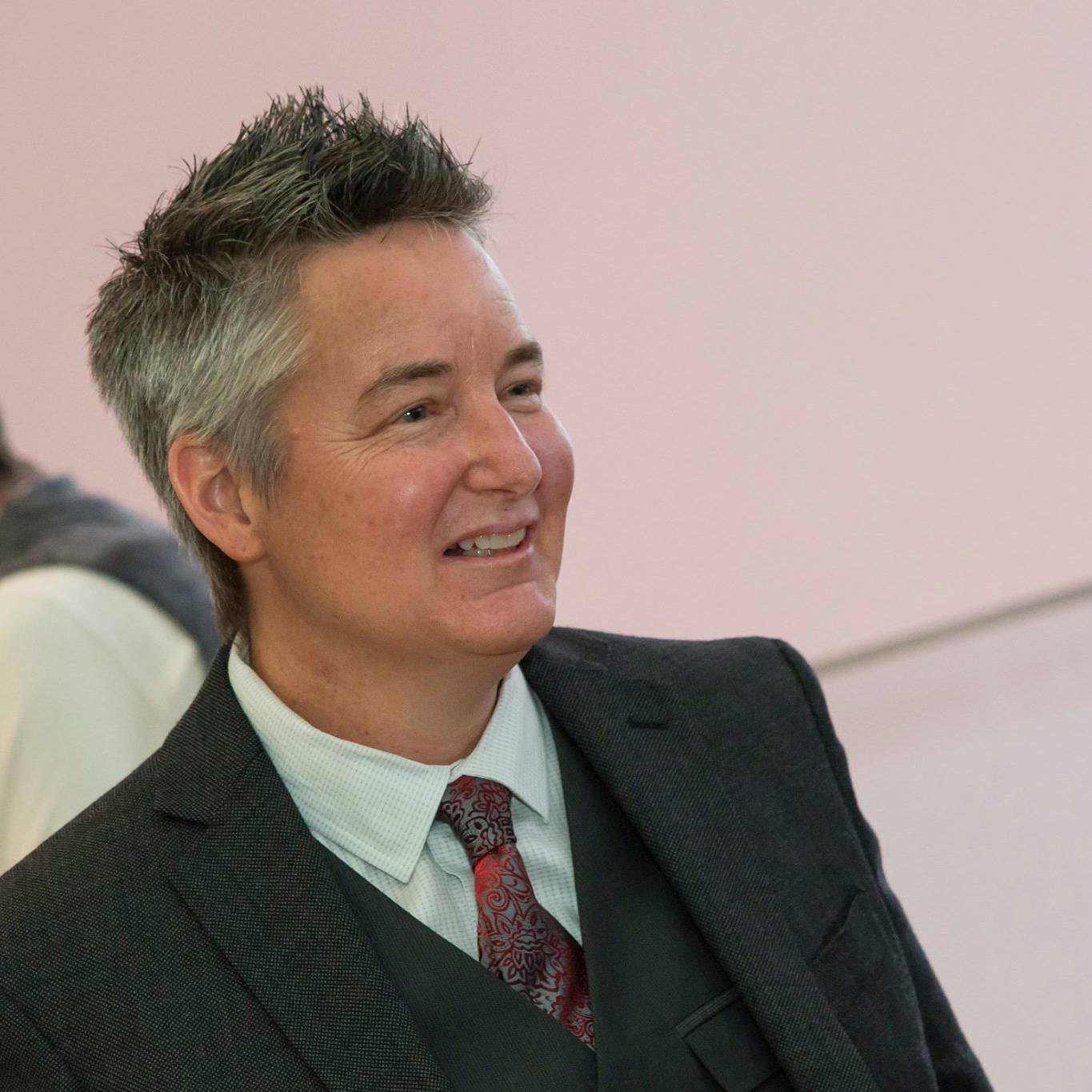
 Andrés Delgado, Ecuador
Andrés Delgado, Ecuador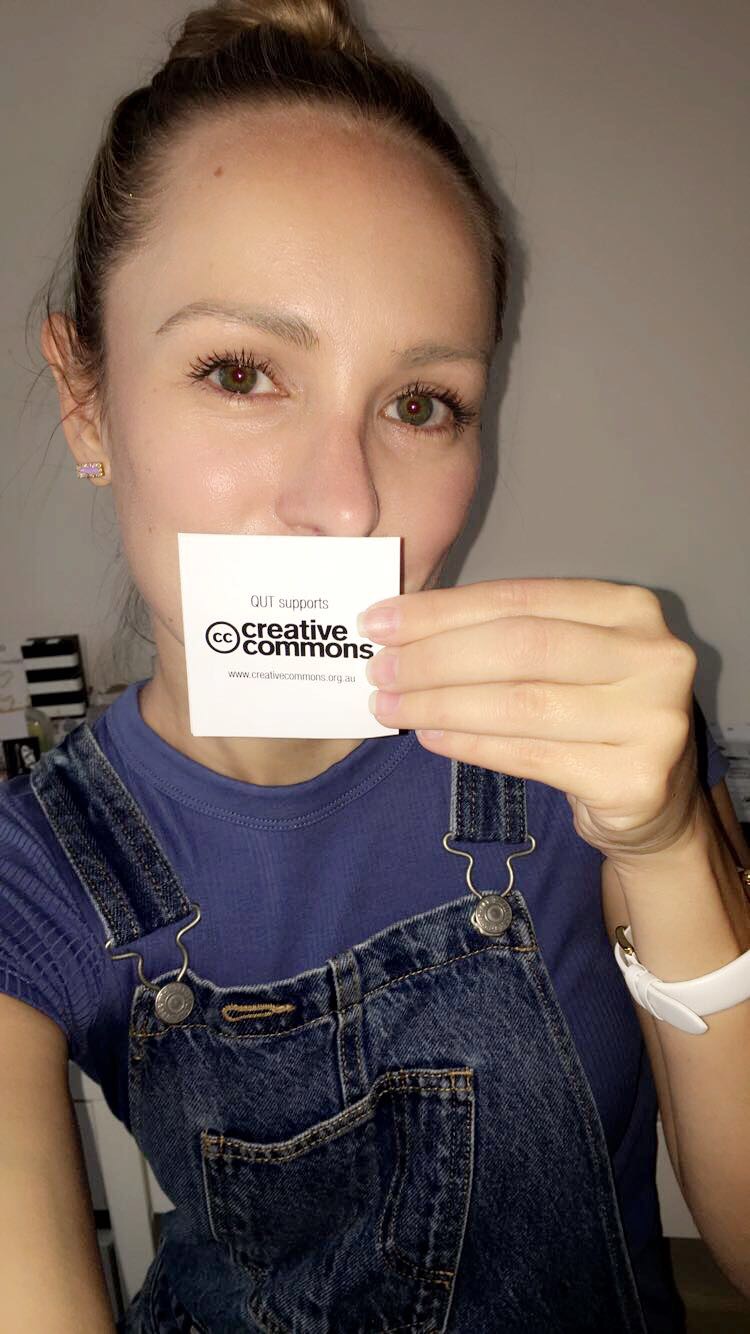
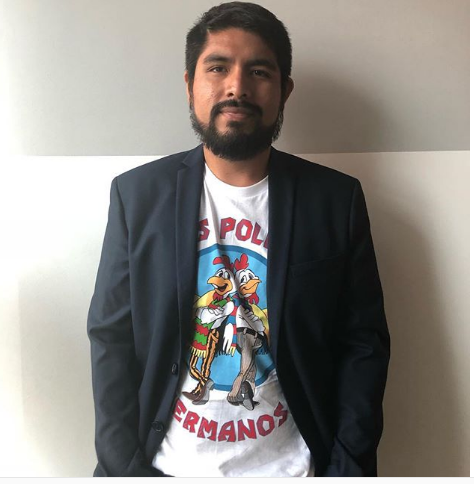
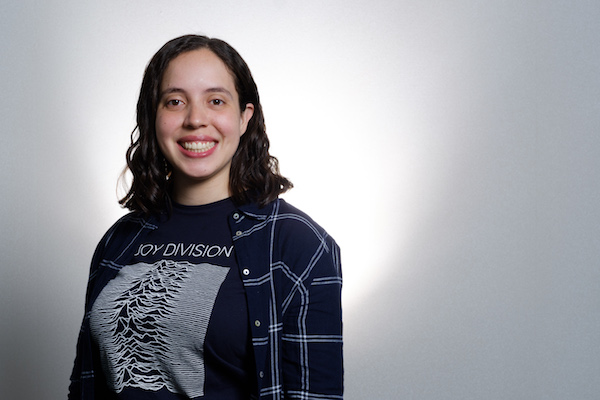

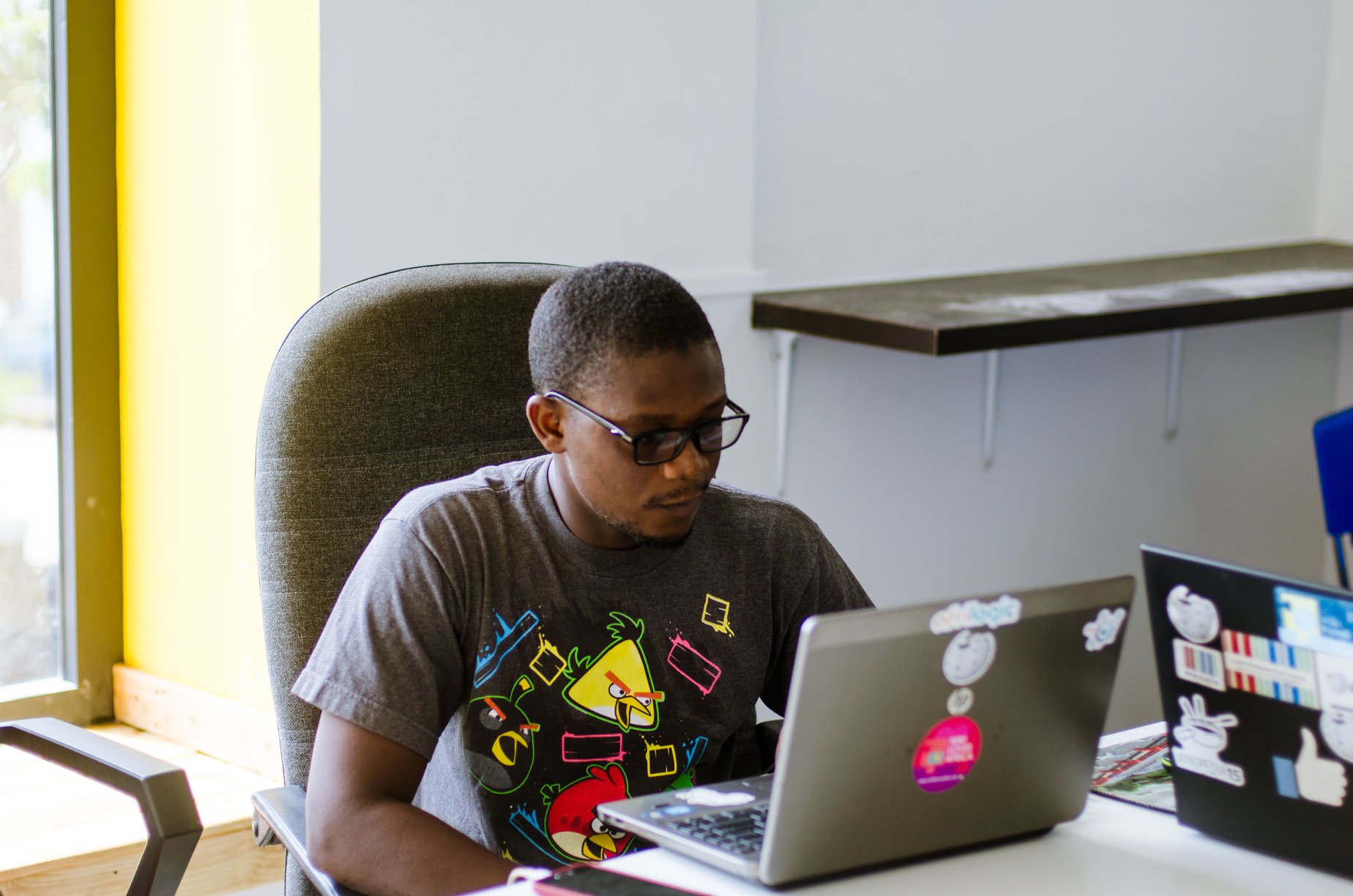
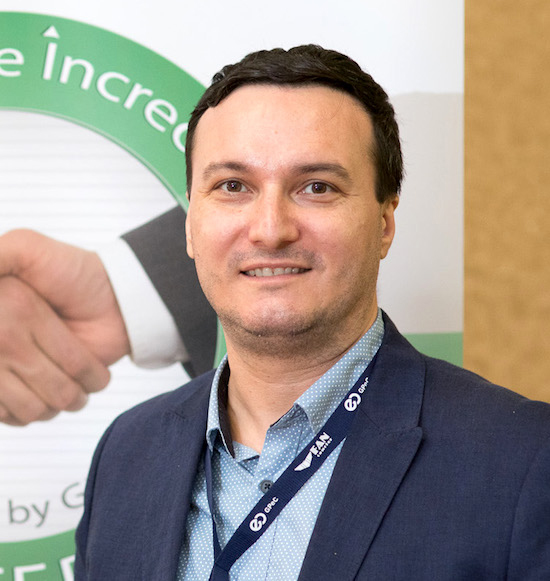

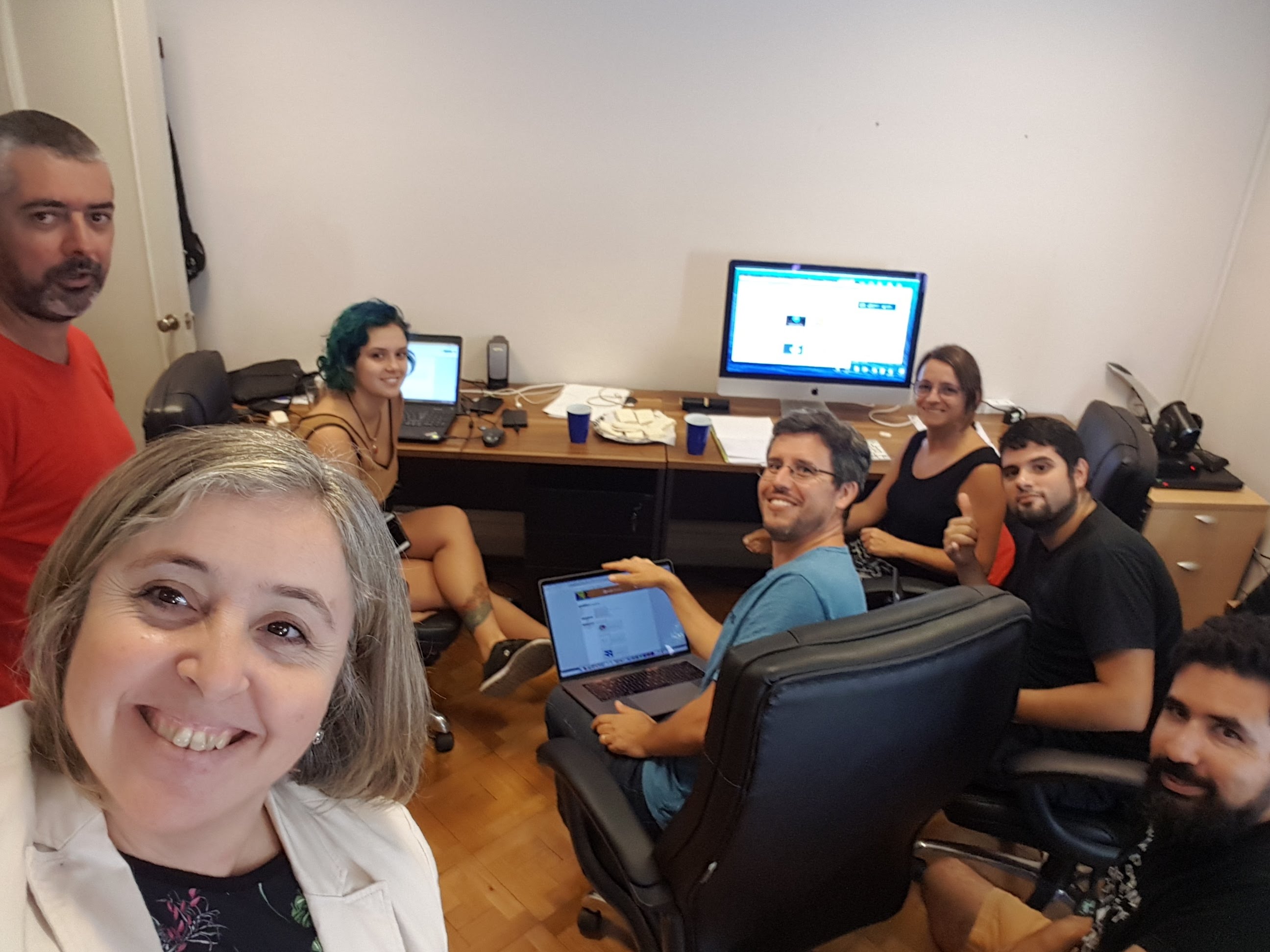
 Esther Ekong, Nigeria
Esther Ekong, Nigeria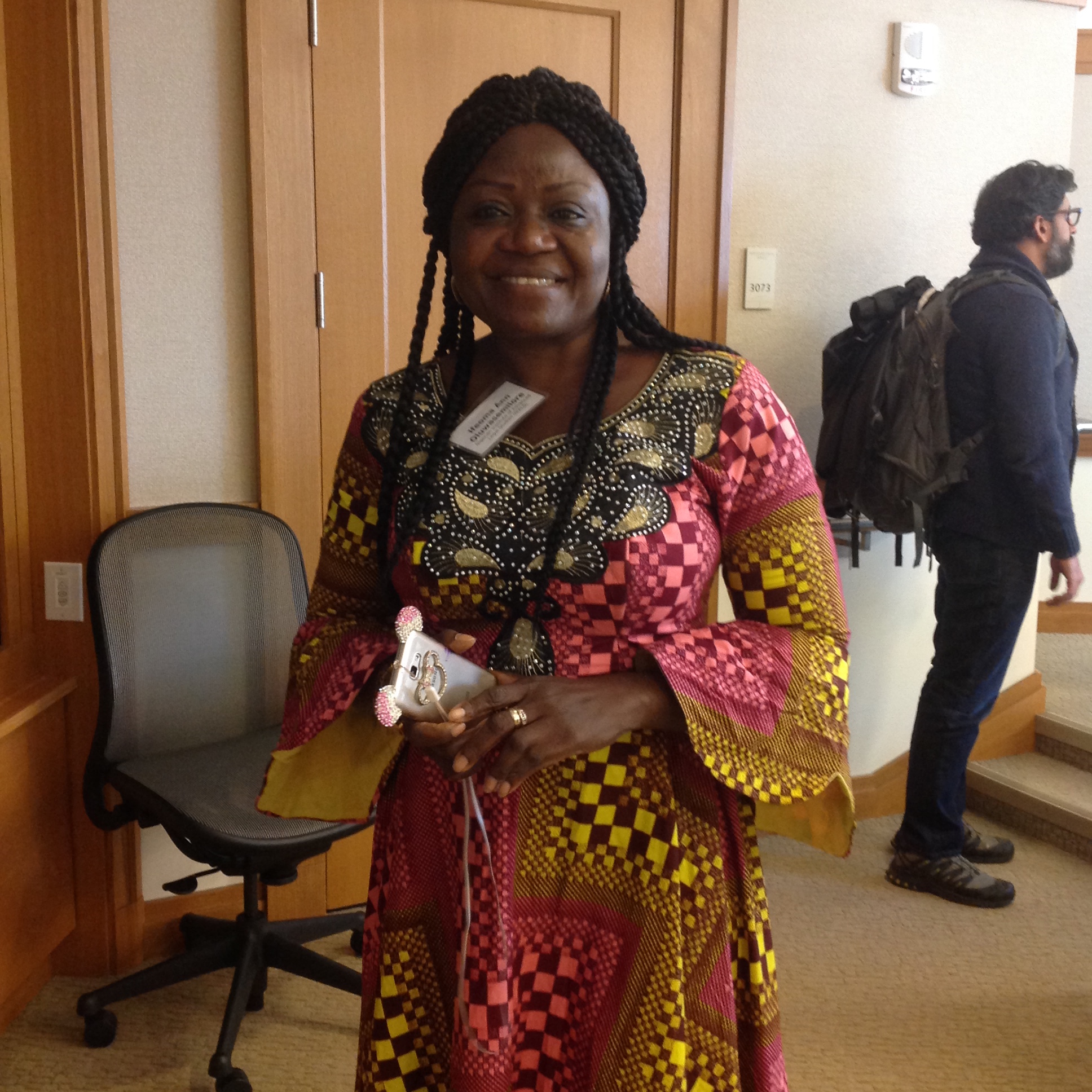
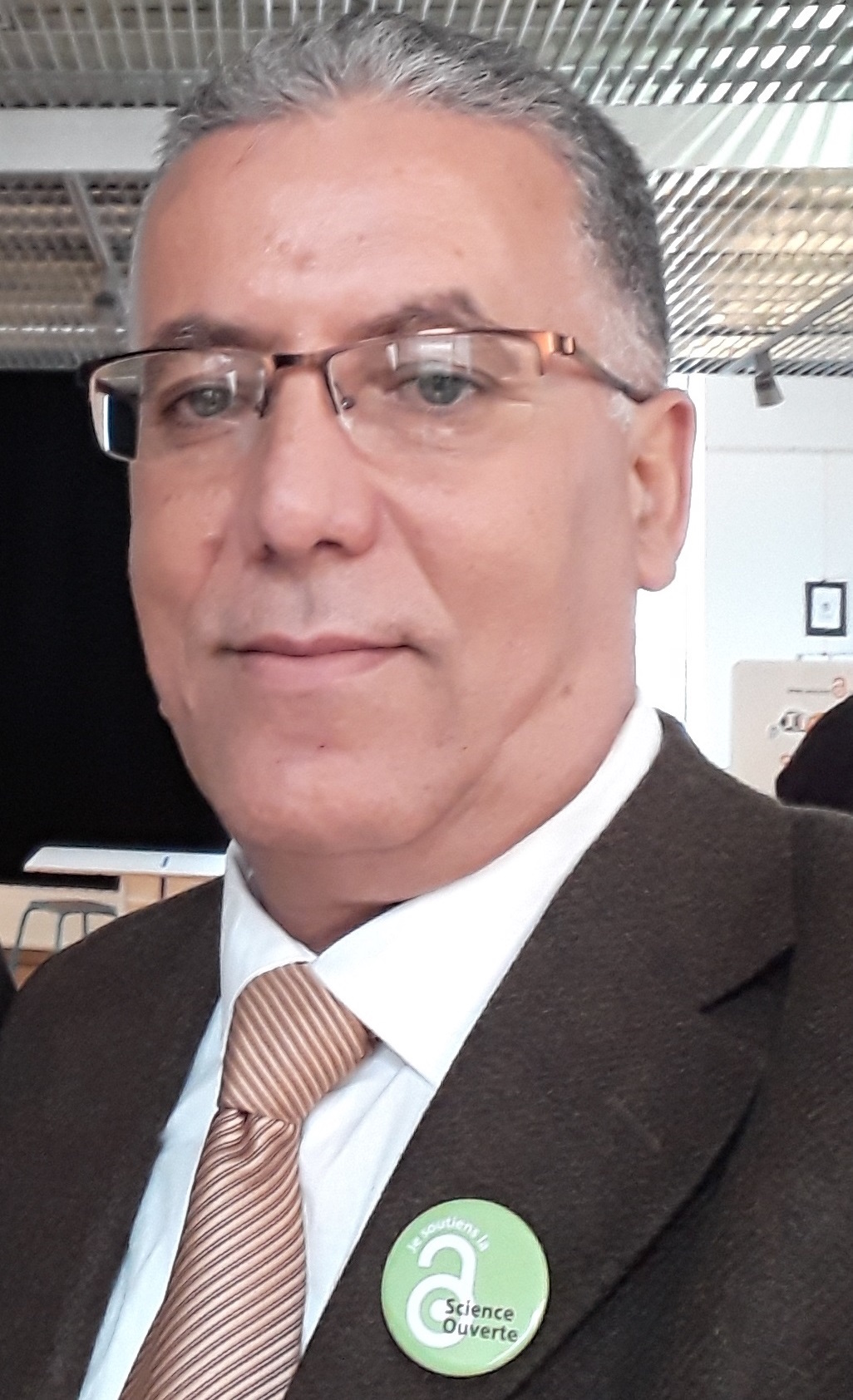


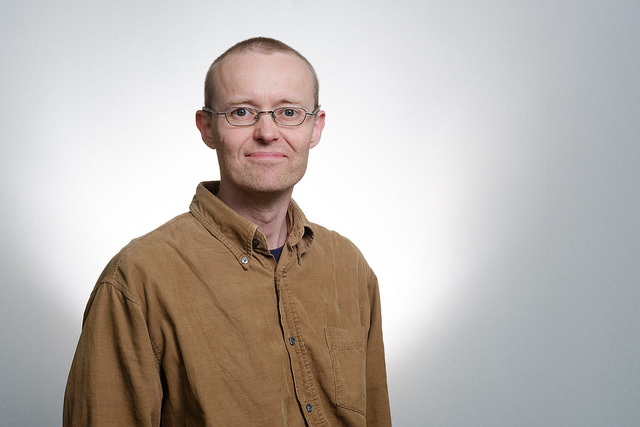


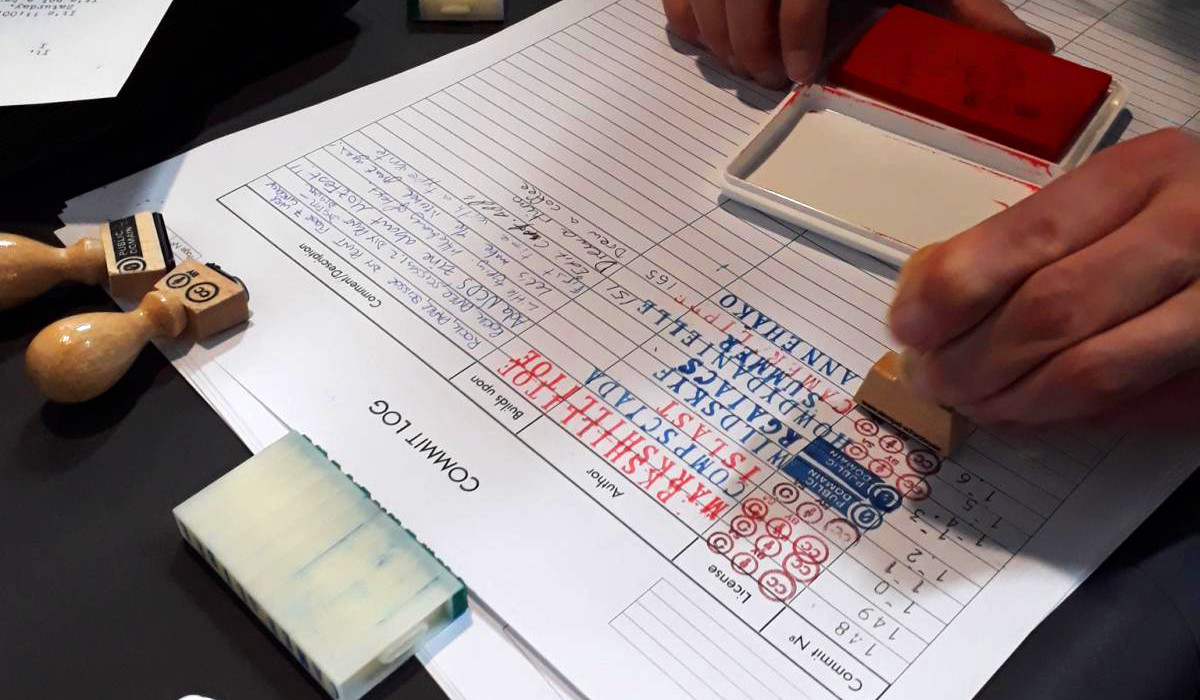
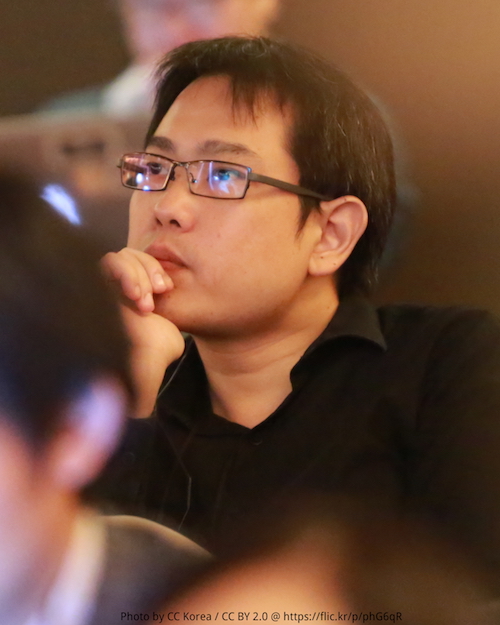

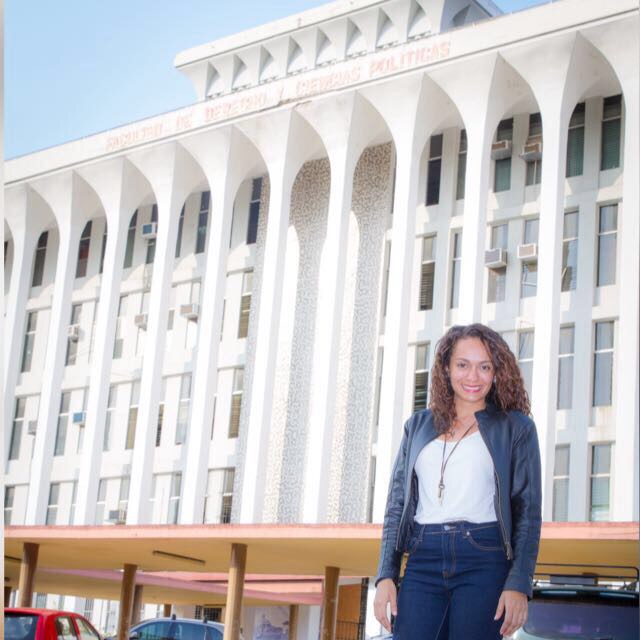 Margorie M. Merel S., Panama
Margorie M. Merel S., Panama